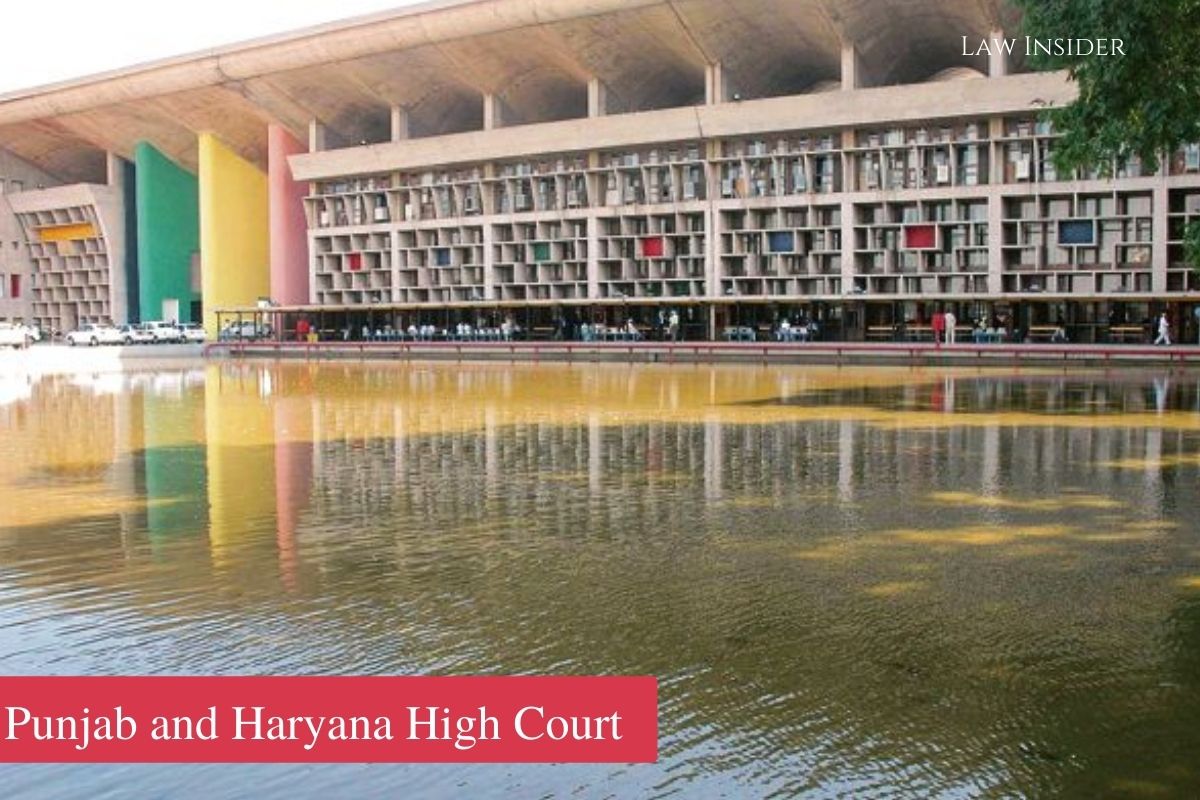LI Network
Published on: 18 September 2023 at 14:15 IST
The Punjab and Haryana High Court has issued a clear ruling that simply appending an FSL (Forensic Science Laboratory) report to the chargesheet in an NDPS (Narcotic Drugs and Psychotropic Substances) case is insufficient grounds for canceling the default bail granted to an accused.
Justice Deepak Gupta underscored, “It is imperative to clarify that merely filing the FSL report along with the chargesheet will not constitute a valid reason for revoking default bail.”
However, the bench added that since default bail is granted without assessing the merits of the case, it may be revoked following the submission of a chargesheet if compelling evidence is presented against the accused for a non-bailable offense.
The Court reiterated that default bail is an absolute right that cannot be nullified solely by the submission of a chargesheet.
These clarifications were issued in response to a petition filed by Bharat Kumar under Section 482 of the Criminal Procedure Code (CrPC), seeking to annul the order issued by ASJ Jhajjar, which granted him interim bail “until the filing of the challan and the FSL report” based on an application filed under Section 167(2) of the CrPC for default bail.
Accussed had been charged under Section 22 of the Narcotic Drugs and Psychotropic Substances Act, 1985, after the police discovered 21.54 grams of MDMA in his possession.
As the investigating agency failed to submit the report under Section 173(2) of the CrPC within the prescribed 90 days, extendable to 180 days, counsel applied for default bail after spending 196 days in judicial custody.
The ASJ granted the application to the extent that the petitioner was provided interim bail until the FSL report was presented to the Court, along with the chargesheet.
The petitioner’s counsel contended that Section 167(2) of the CrPC does not envisage interim bail pending the presentation of the chargesheet. If the prosecution fails to submit the chargesheet under Section 173 of the CrPC within the specified period, the accused has a statutory right to be released from custody.
In light of these arguments, the Court affirmed that the irrevocable right to receive default bail under Section 167(2) of the CrPC cannot be thwarted, even if the chargesheet is filed by the investigating agency after the application for default bail has been submitted.
Citing the State through Central Bureau of Investigation Vs. T. Gangi Reddy @ Yerra Gangi Reddy, the bench clarified that “the mere filing of the chargesheet cannot invalidate default bail granted under Section 167(2) CrPC. However, if the chargesheet establishes a strong case and presents special reasons from which it can be inferred that the accused committed a non-bailable offense, considering the grounds outlined in Section 437(5) and Section 439(2) of the CrPC, then bail may be revoked on its merits.”
Consequently, the Court adjusted the order to stipulate that while the petitioner had been granted default bail under Section 167(2) of the Cr.PC., “it may be canceled if the prosecution successfully establishes that the accused has committed a non-bailable crime and meets the criteria set forth in Sections 437(5) and Section 439(2) of the CrPC.”

